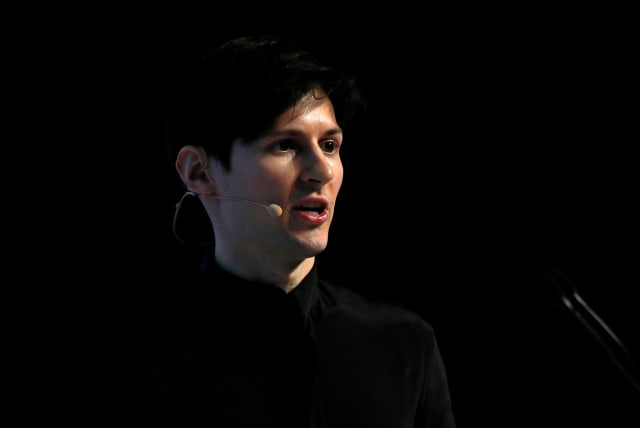The arrest of Telegram CEO Pavel Durov has led to a significant diplomatic tensions between the United Arab Emirates (UAE) and France. Durov, who holds UAE citizenship along with several other nationalities, was taken into custody on Saturday at a Paris airport after arriving from Azerbaijan.
Arrest of Telegram CEO Sparks Tensions
The French authorities reportedly arrested him due to accusations of financial crimes, cyber offenses, drug trafficking, and child exploitation on the Telegram platform. Although Durov has consistently denied these allegations, claiming they are politically motivated, the arrest has nonetheless sparked severe repercussions on the international stage.
Durov’s connections to the UAE, particularly his close relationship with the Emir’s son, Zayed Al Nahyan, have made this incident even more sensitive. The UAE views the arrest as an insult to its sovereignty and a violation of diplomatic norms. This tension has escalated to the point where the UAE decided to cancel a massive deal with France, which was worth US$20 billion. The deal involved the purchase of 80 Rafale fighter jets from the French aerospace company Dassault, and the first batch was expected to be delivered in 2027. However, due to Durov’s arrest, the UAE government has halted the deal, signaling a sharp deterioration in relations between the two countries.
Pavel Durov’s Downfall: Telegram Founder Arrested in Major Scandal
UAE Halts Billion-Dollar Deal with France
The cancellation of the US$20 billion deal is a significant blow to France, both economically and diplomatically. Signed in 2021, the contract was one of the largest defense agreements the UAE had entered into in recent years. The deal’s suspension not only represents a considerable economic loss for France but also illustrates the UAE’s strong stance in defending its citizens and upholding its sovereignty. The abrupt halt in the delivery of 80 Rafale fighter jets has raised eyebrows in the international community and underscores how quickly diplomatic relations can change.
UAE’s Falcon Shield Exercise Unveils Unexpected Chinese Espionage Threats for US
French President Emmanuel Macron has attempted to calm the situation by stating that Durov’s arrest was not politically motivated and was unrelated to any broader geopolitical conflicts, such as the ongoing Russia-Ukraine war. However, these statements have not been enough to soothe the UAE’s anger. The timing of the arrest, especially following reports that France had tried to convince Durov to move Telegram’s operations to France in 2018, has fueled speculation that deeper motives might be involved. The UAE’s response to halt the Rafale deal shows the extent of the diplomatic tensions and fallout and also highlights the complexities of international relations.
The Grim Reality of Sudan War: Unchecked Arms Flow from Turkey and UAE Amidst Embargo
Diplomatic Tensions After Durov’s Release
Following his arrest, Durov was released on bail set at US$5.56 million, but he remains barred from leaving France. Despite his release, the damage to UAE-France relations has already been done. The UAE’s strong reaction, including the decision to cancel the Rafale deal, demonstrates the significant diplomatic tensions that the arrest of a high-profile figure can have on bilateral relationship. The situation has led to a sharp decline in the previously strong and cooperative relations between the two nations.
UAE’s Role as the Hub of Mercenaries in 21st Century Warfare
The future of the Rafale deal is now uncertain, with some analysts suggesting that it could be renegotiated, while others believe it might be permanently shelved. This situation serves as a stark reminder of the unpredictable nature of international politics, where a single event can derail multi-billion-dollar agreements and shift the course of diplomatic relations. The case of Durov’s arrest and the diplomatic tensions there after highlights the delicate balance of power and the far-reaching consequences that such incidents can have on the global stage.



